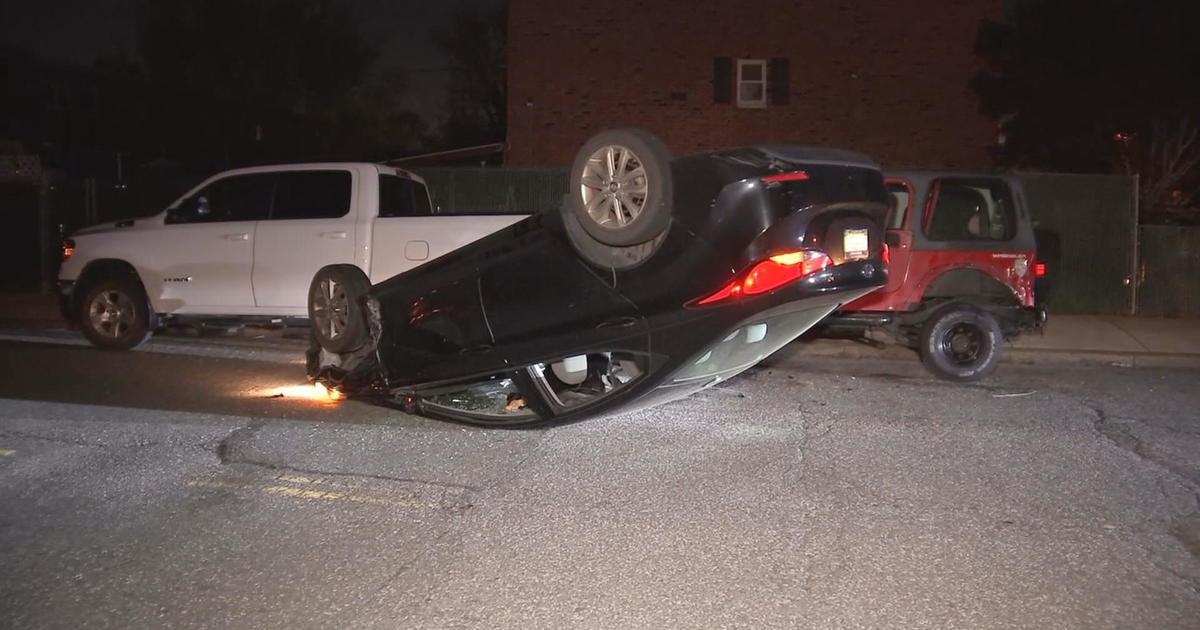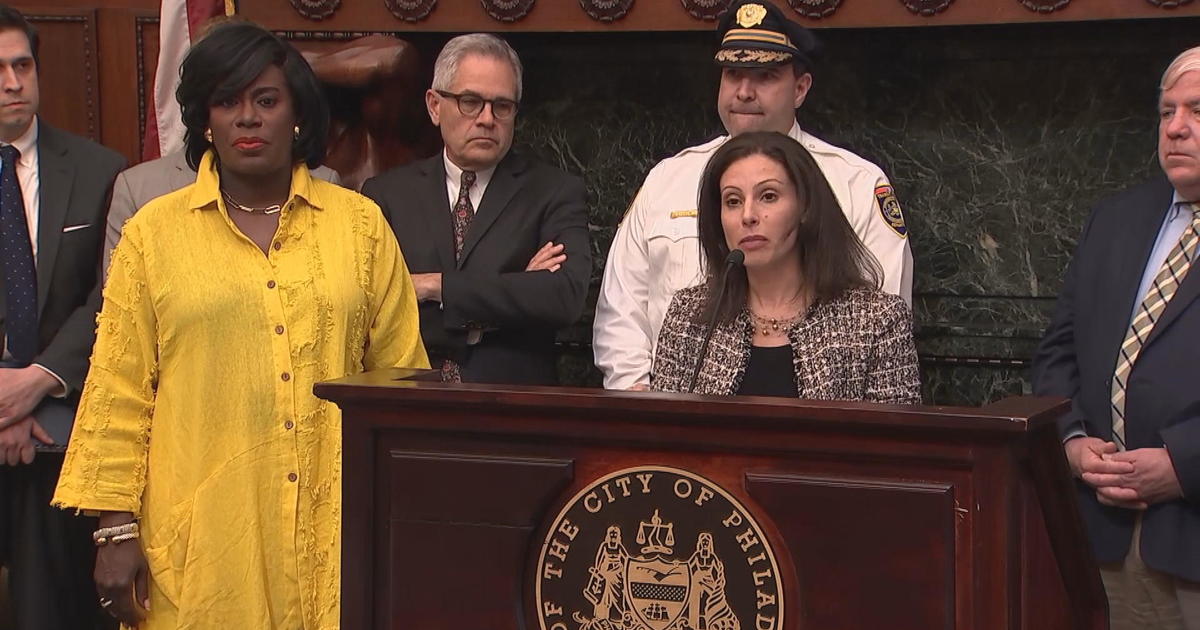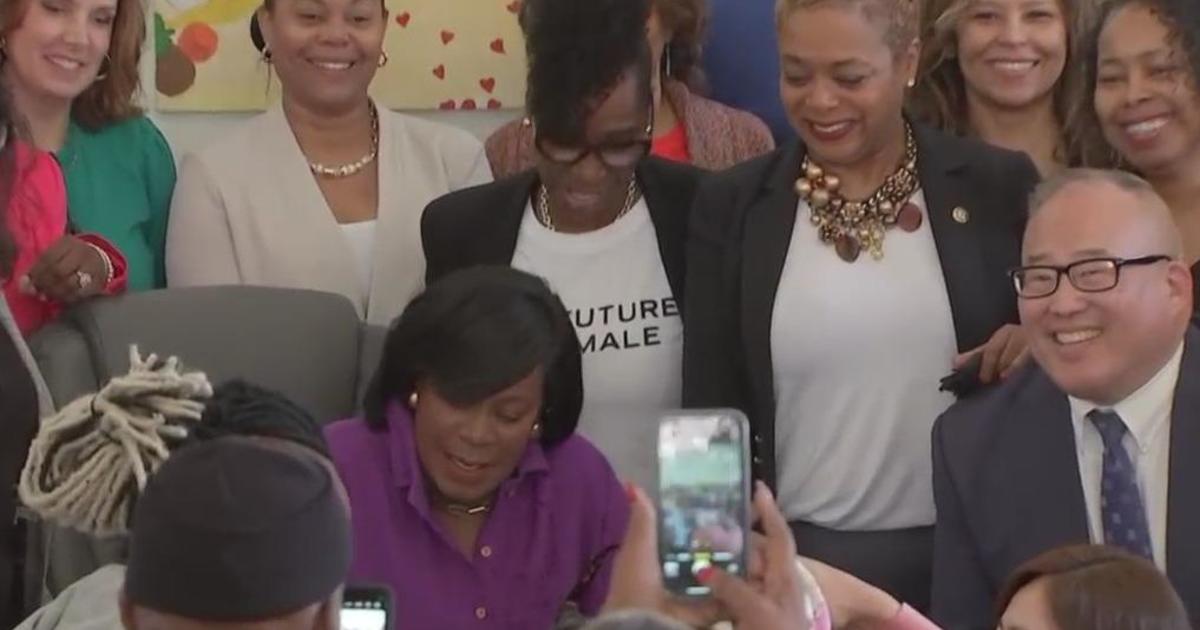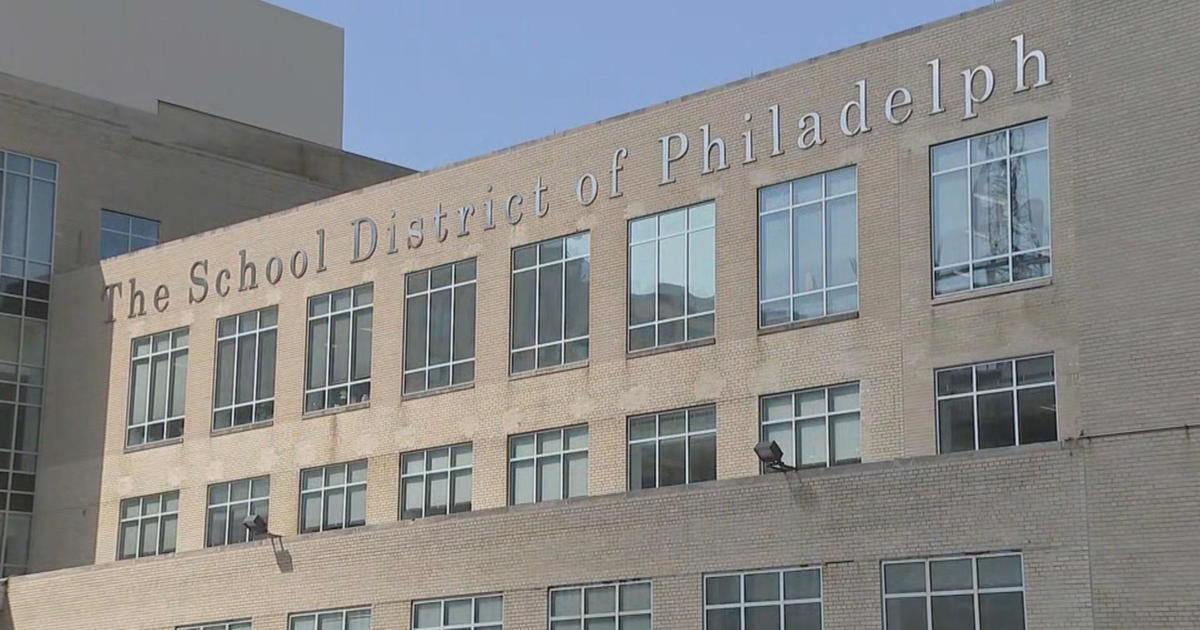Reporter Details City's Civil Forfeiture Court
PHILADELPHIA (CBS) -- Reporter Melissa Quinn documented the efforts that many Philadelphians must go through to prove that property seized by the City of Philadelphia through the process of civil forfeiture was not acquired or used for any criminal activity.
Quinn, a Reporter for the Daily Signal, talked with Dom Giordano on Talk Radio 1210 WPHT and said the amount of money Philadelphia seizes through the practice of civil forfeiture blows away counties from the rest of the state.
"The state Attorney General's office just came out with their report for forfeiture from 2013 to 2014, and that's the fiscal year. When you look at these numbers, Philadelphia is one of the most egregious compared to the top five other counties in the state, which includes Allegheny, which is where Pittsburgh is. Philadelphia brought in $3.4 Million from 2013 to 2014 and that's the top number. The next is Montgomery County, which is under $1 Million.
She explained that the civil forfeiture court does not even function like a normal court.
"I went to Courtroom 78 back in July. It's really interesting, you have this idea of a court room in your head, there's a judge, there's a jury, you have the two tables at the front with the prosecutors and the defense attorneys. Well, Courtroom 478 in City Hall is not like that at all. There are property owners sitting in these tough wooden chairs in the back of the room, there's no judge, there are seats for a jury but they're not filled, they're empty. You really have prosecutors with the District Attorney's Office meeting one on one with people who have come to get their cash, cars, and homes back."
Quinn detailed how hard it can be for someone whose property was wrongly seized by the city to get it back.
"Oftentimes, what happens is, the property owner's have to appear in Courtroom 478 multiple times, up to six times. One guy that I spoke with was there six times over the span of a few months. They'll meet with the prosecutors, they'll plead their case, show why the cash, cars, and houses that may have been seized are not related to any illegal activity at all. The prosecutors will try to settle with them, and a lot of time they'll give them some of their money back or a small percentage of their money back. And if the prosecutors do end up agreeing with the property owner that there was no illegal activity going on, they then have to go across the street to the new criminal justice center and then they go before a judge and the judge signs the order saying now you can have your things back."



